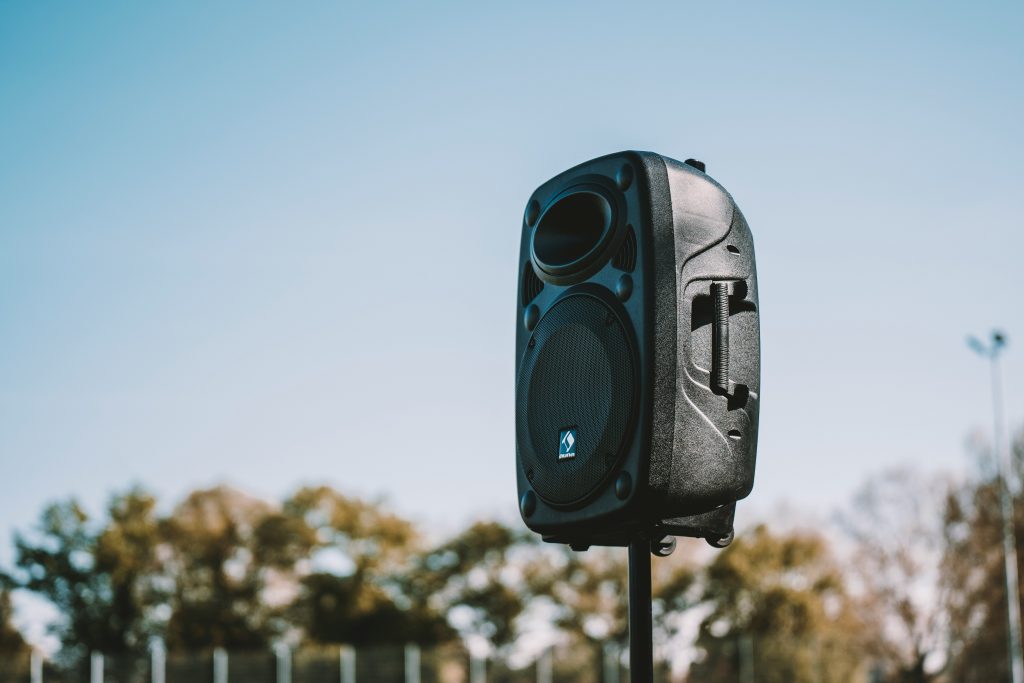Doxxing is defined in the PoHa Act as “the publication of a person’s personal information with the intention to harass, threaten or facilitate violence against said person. The information can also be about people related to the victim. The offence can only be committed against a person, not an entity, although an entity can commit the offence. If an entity falls victim to conduct similar to doxxing, the entity has other available remedies, such as a stop publication or correction order.”
What is protected under the act?
According to the law, the personal information of an individual cannot be made public with the intention of harassing, threatening, or facilitating violence against them.
“Identity information” is defined under the PoHa Act as:
Any information that, whether on its own or with other information, identifies or purports to identify an individual, including but not limited to:
- The individual’s name, residential address, email address, telephone number, date of birth, national registration identity card number, passport number, signature (whether handwritten or electronic), or password;
- any photograph or video recording of the individual; or
- any information about the individual’s family, employment, or education
Penalty
The penalty for intentionally causing harassment, alarm, or distress is a fine not exceeding $5,000 or imprisonment for a maximum of 6 months or both.
Under Section 5(2), the penalty for causing fear or facilitating unlawful violence is a fine not exceeding $5,000 or imprisonment for a maximum of 12 months or both.


